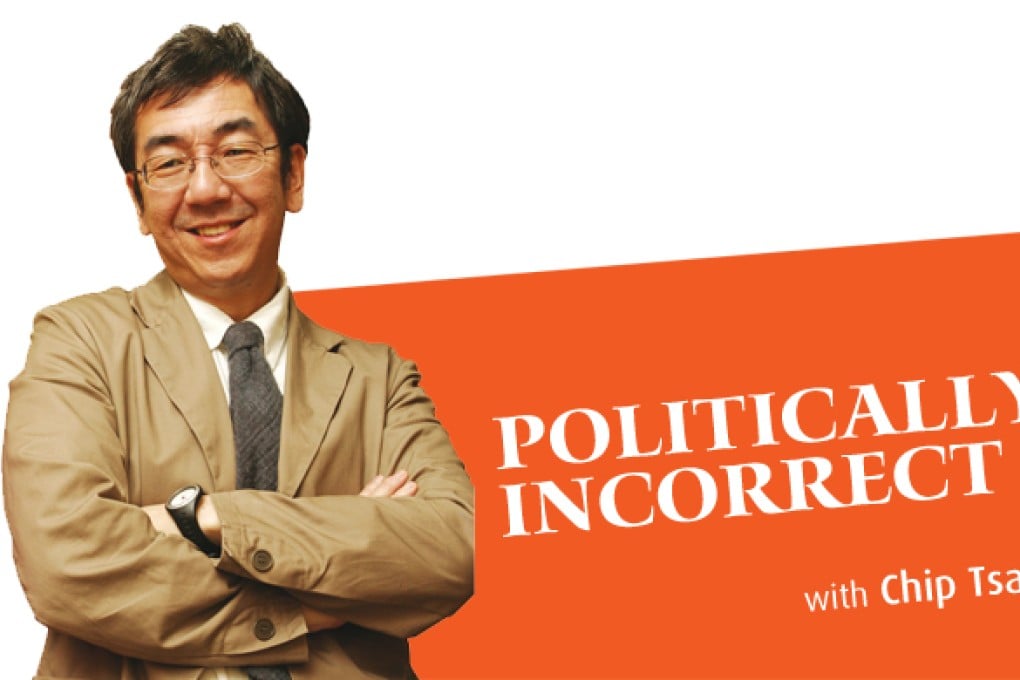
I was having a Japanese lunch with a Mr. Sato, a respectable friend from Tokyo, last week when anti-Japanese violence broke out in more than 50 cities in China. But this was nothing more than a coincidence. I knew Sato back from my academic years in Britain, when he was staying in a town in Kent for six months to study English. It was a sentimental reunion, except that on the TV screen rocks were being hurled at Chinese-owned Japanese restaurants, and Japanese cars manufactured in China were being flipped over. Hell was breaking loose, almost synchronized with riots outside of the American embassies in the Middle East.
I offered my humble apologies to Sato not for the violence across the border, but for my having been mistaken, once again, for a Japanese traveler in Helsinki recently. I was a quiet customer at a local restaurant in early September. I wasn’t yelling at the waiter for a bottle of Lafite while waving a hand with a diamond Rolex around my wrist. When coffee was served, I asked the waiter politely how to get to the Ateneum Art Museum for an exhibition of Helene Schjerfbeck—a world-famous Finnish painter whose 150th birthday was being celebrated. He told me the route and, most unsurprisingly, asked me if I had come from Japan.
Most Japanese hate being mistaken for Chinese while abroad, and I had to confess to Sato that I did not make any denial in my case of mistaken identity, although to most Nordic people Hong Kong is a part of Japan or Thailand anyway. My Japanese friend shrugged it off with an inscrutable smile.
The Japanese government’s plan to buy the Diaoyu Islands (also known as the Senkaku Islands) at the approximate cost of HK$2.52 billion, has triggered civil war-like riots in China. But the purchase was good value for money for Japan as the loss in lootings, smashed windows at “Japanese” department stores and the emergency suspension of the Canon camera production lines—not to mention upkeep of armed police—must have cost China tens of billions of yuan.
If the popular nationwide call for a boycott of Japanese goods were observed, most Chinese TV stations would be blacked out because key components of TV cameras are imported from Japan. The much-revered Chairman Mao’s corpse in the mausoleum at Tiananmen Square in Beijing would also rot out in 48 hours like Dracula melting in the gleam of the sun as the Japanese-made humidity and temperature automatic control system would have to be switched off.
The Arabs in violent protests in the Middle East are more sensible in not calling for a boycott of American products. They need their iPhone 5s to keep tabs on “The Innocence of Muslims” on YouTube so everyone keeps burning with righteous rage against Americans.
